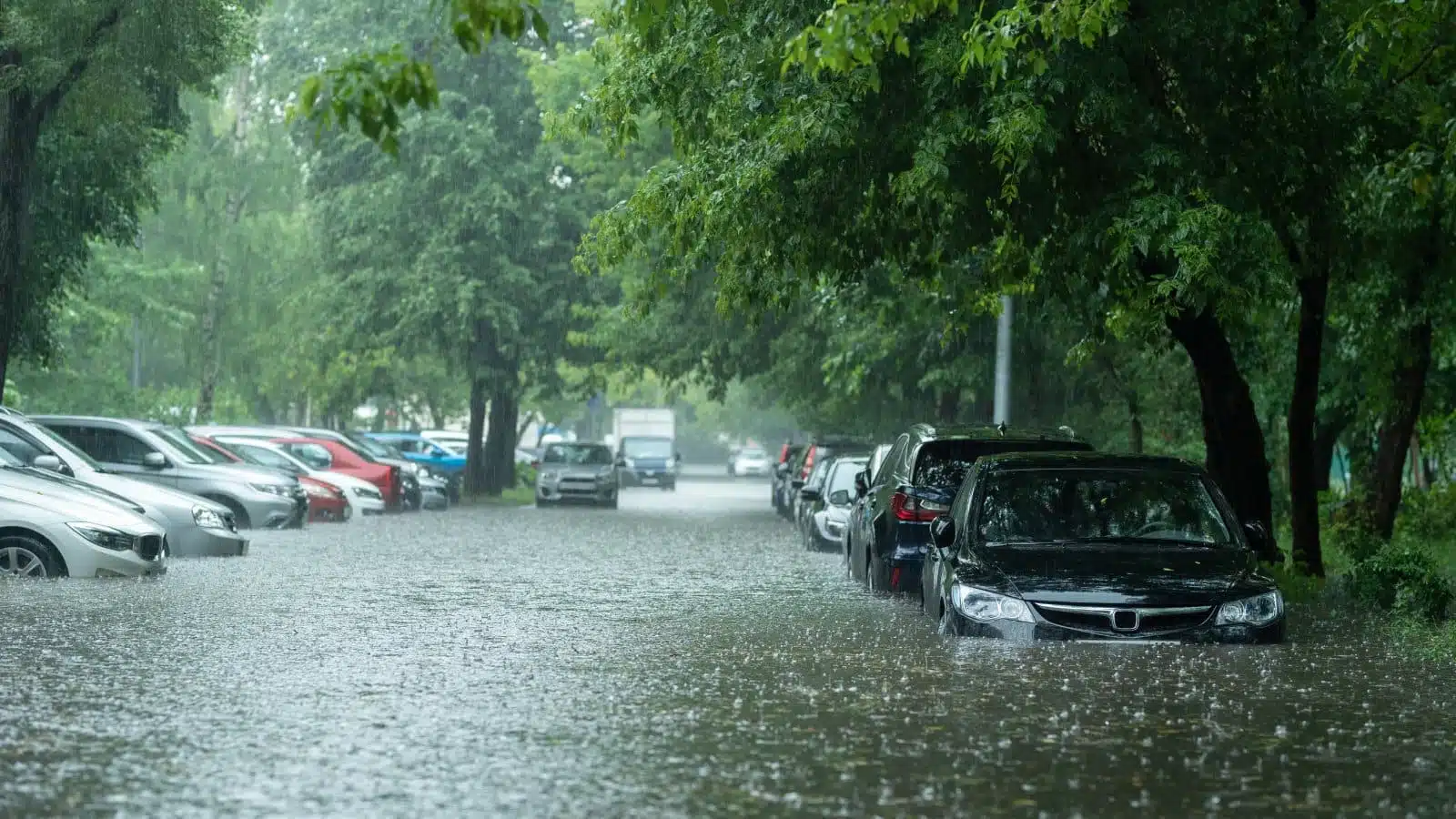Travel insurance can be a safety net for globe-trotters, but not all policies are created equal. Behind the comforting language of brochures and advertisements, there are truths that the travel insurance industry often plays down. Here’s a look at some of the lesser-known and occasionally concealed aspects of travel insurance that could affect your next trip.
1. Pre-Existing Conditions Aren’t Always Covered

Image Credit: Shutterstock / Yurii_Yarema
Many travel insurance policies do not cover pre-existing medical conditions unless you purchase a premium plan or declare the condition at the time of purchase. This can leave travelers vulnerable to high medical bills abroad.
2. High Deductibles Can Limit Usefulness

Image Credit: Shutterstock / NATNN
Some policies come with high deductibles, meaning you’ll need to pay a significant amount out of pocket before your coverage kicks in. This can diminish the value of your insurance, especially for minor medical issues or smaller claims.
3. ‘Cancel for Any Reason’ May Not Mean Any Reason

Image Credit: Shutterstock / Snowpa Photo
While ‘cancel for any reason’ (CFAR) policies offer the most flexibility, they often come with restrictions and only reimburse a portion (usually 50-75%) of your trip cost. They also need to be purchased shortly after your first trip deposit.
4. Adventure Sports Often Require Additional Coverage

Image Credit: Shutterstock / Olga Danylenko
Standard policies generally exclude “high-risk” activities like scuba diving, mountain climbing, or bungee jumping. You’ll likely need a special rider or a policy designed for adventure travel.
5. Terrorism Coverage is Limited

Image Credit: Shutterstock / 279photo Studio
If you cancel your trip due to fears of terrorism, you might not be covered unless there has been a terrorist event at your destination within a certain timeframe before your arrival.
6. Natural Disasters Coverage is Complicated

Image Credit: Shutterstock / mkfilm
Insurance will cover cancellations due to natural disasters, but only if the disaster occurs after you’ve bought your policy. If you purchase insurance after a hurricane or other event has been forecasted or has already struck, you won’t be covered.
7. Limited Loss or Theft Coverage

Image Credit: Shutterstock / Andrey_Popov
There are often strict limits on claims for lost or stolen items, and high-value items like electronics and jewelry may require additional coverage. Always check the per-item limit.
8. Travel Delays Need to Reach a Minimum Duration

Image Credit: Shutterstock / Alrandir
For a travel delay to qualify for reimbursement, it usually needs to exceed a minimum duration (often 6-12 hours). Anything less is not typically covered.
9. You Might Not Be Covered for Work-Related Cancellations

Image Credit: Shutterstock / Song_about_summer
Most standard policies do not cover trip cancellations due to work obligations unless you have specific business coverage.
10. Coverage for Psychological Issues is Rare

Image Credit: Shutterstock / gpointstudio
Claims related to mental health issues, including depression or anxiety, are rarely covered by travel insurance policies.
11. Alcohol-Related Incidents are Excluded

Image Credit: Shutterstock / Master1305
Incidents related to alcohol or substance use are generally not covered. If you have an accident after drinking, your medical claim might be denied.
12. Coverage Can Vary by Country

Image Credit: Shutterstock / Dragon Images
Certain countries may be excluded from coverage due to high risk, or policies may have different terms depending on the destination.
13. Limited Time to Submit Claims

Image Credit: Shutterstock / Alina Nikitaeva
Filing a claim often has a strict deadline; failing to meet it can result in your claim being denied. Be sure to understand the timeline and required documentation.
14. Not All Policies Cover Evacuation Back Home

Image Credit: Shutterstock / MK photograp55
Medical evacuation coverage can be critical, but not all policies guarantee transport back to your home country; some only cover transport to the nearest suitable medical facility.
15. Missed Connections are Tricky

Image Credit: Shutterstock / Elizaveta Galitckaia
Coverage for missed connections usually applies only under certain conditions, like severe weather or mechanical issues from the carrier, and often for specific types of travel, like cruises.
16. Credit Card Travel Insurance May Not Suffice

Image Credit: Shutterstock / fizkes
While many credit cards offer travel insurance, the coverage is often basic and might not offer the comprehensive protection you assume. Always check the terms carefully.
17. Exclusions Hidden in Fine Print

Image Credit: Shutterstock / fizkes
Many policies have exclusions buried in the fine print. It’s crucial to read your policy thoroughly to understand what is not covered.
18. Group Policies May Offer Less Individual Flexibility

Image Credit: Shutterstock / Song_about_summer
If you’re traveling on a group policy, individual needs and circumstances may not be fully accommodated. These policies tend to be one-size-fits-all.
19. The Cheapest Policy May Cost You More

Image Credit: Shutterstock / UnderhilStudio
Opting for the cheapest travel insurance policy can be tempting, but these often come with higher deductibles, lower coverage limits, and more exclusions.
20. Claims Process Can Be Lengthy and Frustrating

Image Credit: Shutterstock / create jobs 51
Filing a claim can be a complex and time-consuming process, often requiring extensive documentation and sometimes resulting in long waits for reimbursement.
Unveiling the Fine Print: A Traveler’s Guide to Insurance

Image Credit: Shutterstock / Tafazul Mattoo
Navigating travel insurance requires understanding what lies beneath the surface of policy advertisements and brochures. By being aware of these less-discussed details, travelers can better assess their needs and choose a policy that truly provides the desired level of protection—ensuring peace of mind on their journeys.
The post Travel Insurance Secrets They Don’t Want You to Know first appeared on BuzzLists.
Featured Image Credit: Shutterstock / REDPIXEL.PL.
For transparency, this content was partly developed with AI assistance and carefully curated by an experienced editor to be informative and ensure accuracy.
Tips for Trip Success
Book Your Flight
Find an inexpensive flight by using Kayak, a favorite of ours because it regularly returns less expensive flight options from a variety of airlines.
Book Your Hotel or Special Accommodation
We are big fans of Booking.com. We like their review system and photos. If we want to see more reviews and additional booking options, we go to Expedia.
You Need Travel Insurance!
Good travel insurance means having total peace of mind. Travel insurance protects you when your medical insurance often will not and better than what you get from your credit card. It will provide comprehensive coverage should you need medical treatment or return to the United States, compensation for trip interruption, baggage loss, and other situations.Find the Perfect Insurance Plan for Your Trip
